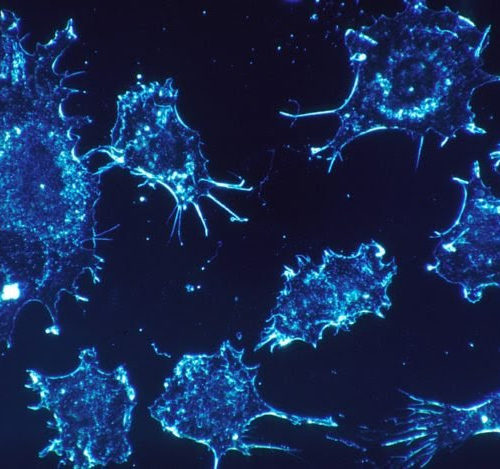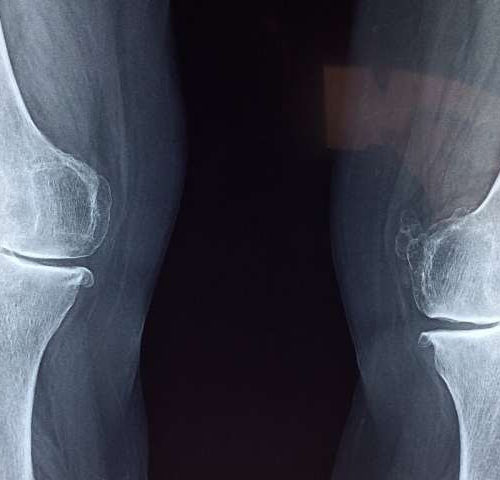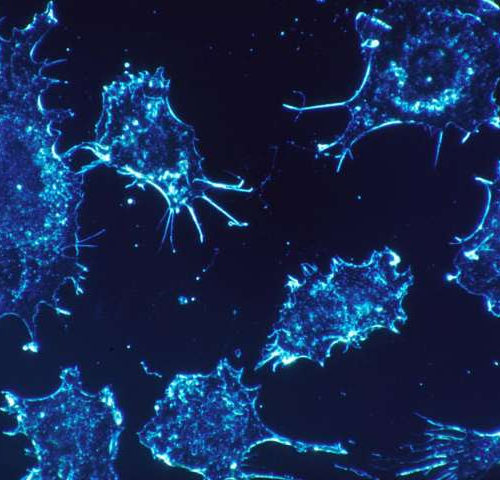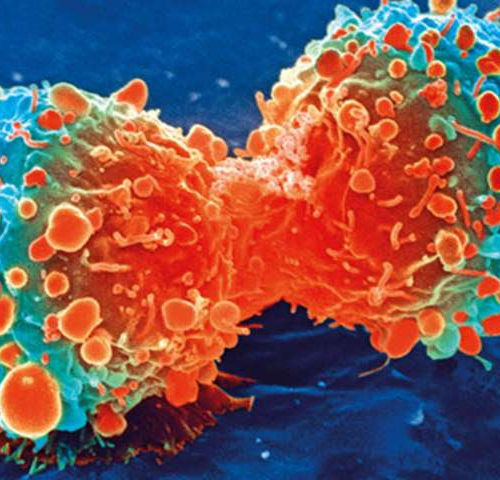Collaborative Cancer Research UK-funded studies from University of Oxford researchers have uncovered a new mechanism by which cancer cells adapt to the stresses they encounter as they grow and respond to therapies. This mechanism involves cells releasing small vesicles, known as exosomes. These contain complex mixtures of proteins, RNAs and other molecules, which can re-programme...
Tag: <span>Anti-Cancer</span>
Researchers find method to regrow cartilage in the joints
by Christopher Vaughan, Stanford University Medical Center Researchers at the Stanford University School of Medicine have discovered a way to regenerate, in mice and human tissue, the cushion of cartilage found in joints. Researchers at the Stanford University School of Medicine have discovered a way to regenerate, in mice and human tissue, the cushion of...
Researchers find more precise way to target tumours with anti-cancer drugs
by Adrianna MacPherson, University of Alberta Researchers at the University of Alberta have found a way to deliver anti-cancer drugs with more precision, which could increase the effectiveness of many cancer treatments. U of A oncologist Frank Wuest altered the surface of nanoparticles, which are well suited to deliver drugs, with epidermal growth factor (EGF),...
Marine alga from the Kiel Fjord discovered as a remedy against infections and skin cancer
GEOMAR research group successfully applies bioinformatics methods and machine learning in marine drug discovery HELMHOLTZ CENTRE FOR OCEAN RESEARCH KIEL (GEOMAR) BALTIC SEA SEAWEED FUCUS VESICULOSUS AND ITS FUNGAL SYMBIONT WERE INVESTIGATED IN THIS STUDY. view more CREDIT: LARISSA BÜDENBENDER Healing with the help of marine organisms is no utopia. Already 12 life-saving drugs, e.g....
Killing ‘sleeper cells’ may enhance breast cancer therapy
by Walter and Eliza Hall Institute of Medical Research The anti-cancer medicine venetoclax could improve the current therapy for estrogen receptor-positive (ER+) breast cancer—the most common form of breast cancer in Australia—according to preclinical studies led by Walter and Eliza Hall Institute researchers. The research team showed that venetoclax could kill breast cancer cells that...
CBD shows promise for fighting aggressive brain cancer
Bethesda, MD – Findings from a new study examining human and canine brain cancer cells suggest that cannabidiol could be a useful therapy for a difficult-to-treat brain cancer. Cannabidiol, or CBD, is a non-psychoactive chemical compound derived from marijuana. The study looked at glioblastoma, an often-deadly form of brain cancer that grows and spreads very...
A new strategy to trigger ferroptosis in target cancer cells using drug-metal coordination complexes
by University of Science and Technology of China Rapidly increasing cancer incidence and mortality worldwide have raised great challenges for the currently available anticancer options, which warrants the development of new therapeutic modalities based on novel antitumor mechanisms. Ferroptosis, a recently discovered form of non-apoptotic cell death, is one such candidate and has already demonstrated...
‘Exciting’ anti-cancer compound discovered in the humble willow
by Rothamsted Research More than a century after giving the world aspirin, another potential drug has been found in the stem and leaves of willows—this time with anti-cancer properties. Scientists led from Rothamsted Research, working with cancer biologists at the University of Kent have discovered the chemical, miyabeacin, which has been found to kill various...
Anti-cancer drug safe and effective for treating light chain (AL) amyloidosis
Drug considered therapeutic ‘game changer’ of once lethal disease BOSTON UNIVERSITY SCHOOL OF MEDICINE (Boston)–There’s a new treatment option available for patients with AL amyloidosis: daratumumab. Studied in a prospective clinical trial, only one of the two clinical trials of this agent in AL amyloidosis worldwide, researchers have found this anti-cancer drug to be well...
Stressing cancer with spice
by Nara Institute of Science and Technology A new study by scientists in Japan and Indonesia reports how an experimental drug agent stops cancer cells from growing. A little over a decade ago, Indonesian scientists first reported pentagamavumon-1 (PGV-1), an analogue of a molecule found in turmeric and that has been since discovered to have...







